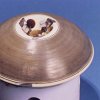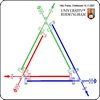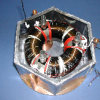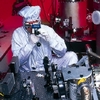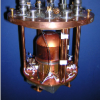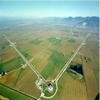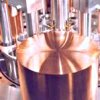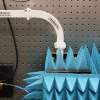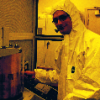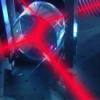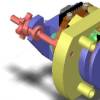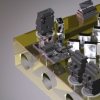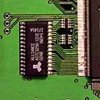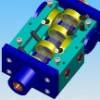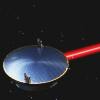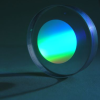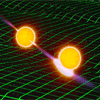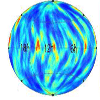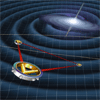Introduction
|
The Centre for Space and Gravity Research was opened in July 2004 by Professor Ian Halliday, Chief Executive of PPARC as the technical section of the Astrophysics and Space Research Group in the School of Physics and Astronomy. The Director of the Centre for Space and Gravity Research is Prof Mike Cruise The Centre has five sections led by the following staff
The Centre has modern accommodation in the basement of Physics West and includes facilities for instrumentation development and manufacture as well as for experimental studies of gravity and other weak forces. Electronic manufacture is carried out in electrostatically clean facilities which include surface mount capability and ESA qualified staff. Mechanical workshops are provided centrally by the School of Physics and Astronomy and include skilled staff and modern machine tools. The Centre houses design offices, clean rooms and environmental test facilities for space instrumentation, together with a facility for precision carbon fibre structure manufacture. Specialised laboratories are maintained for cryogenic weak force experiments, optical testing, interferometry and electromagnetic-gravitational studies. Experimental projects currently being carried out include:
|
Collaborations
|
Major research collaborations are active with the following institutes on the identified projects:
|
Projects
|
Our active projects:
|
